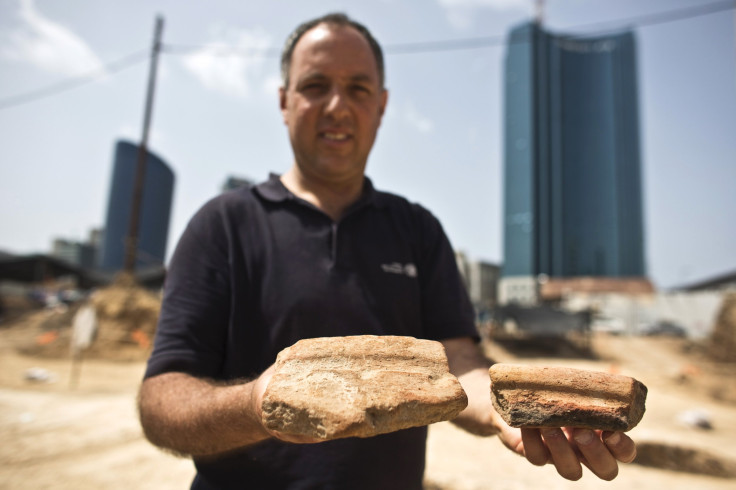Iraqi authorities discovered Assyrian artefacts in IS home

Over 100 ancient Assyrian and early Islamic artefacts were found by Iraqi authorities in an Islamic State safe house after a local resident tipped of the local army. The objects were found in the Az-Zirai neighbourhood in eastern Mosul.
In a press talk, Talib al-Maa’mari, an Iraqi parliament member, has revealed that a local resident has advised the local army about the Assyrian and Islamic artefacts when they were touring homes in the former Christian area of Mosul. “When the special forces searched a house being used by an ISIS emir, we were surprised to find many priceless artefacts,” he said.
National Security Service has shared images of the artefacts on Thursday. The photos show a collection of household pottery items like jugs, vases as well as bowls.
The artefacts date back thousands of years to the Assyrian Empire according to historians and archaeologists. The objects are believed to have been dug up from the Nineveh Ruins and the ancient Assyrian capital, Nimrud.
Prof Eleanor Robson, chair of the British Institute for the Study of Iraq attested the hauls are genuine Assyrian antiquities. “Now we can be confident that excellent staff are on the case,” he told the Telegraph.
Islamic State of Iraq and the Levant (Isil) have been smuggling genuine and fake artefacts out of Iraq through their Syrian territory for years. The militants are thought to have earned tens of millions of dollars out of selling antiquities.
Isil’s fervour to make money out of antiques has devastated Nimrud. Archaeologists who have been to the site since Iraqi authorities has regained control say only around 40 percent of Nimrud could be recovered.
Nimrud is considered as one the ancient world’s earliest and most unruly empires. It was also known as Kalhu. Isil militants have controlled the site for two years.




















